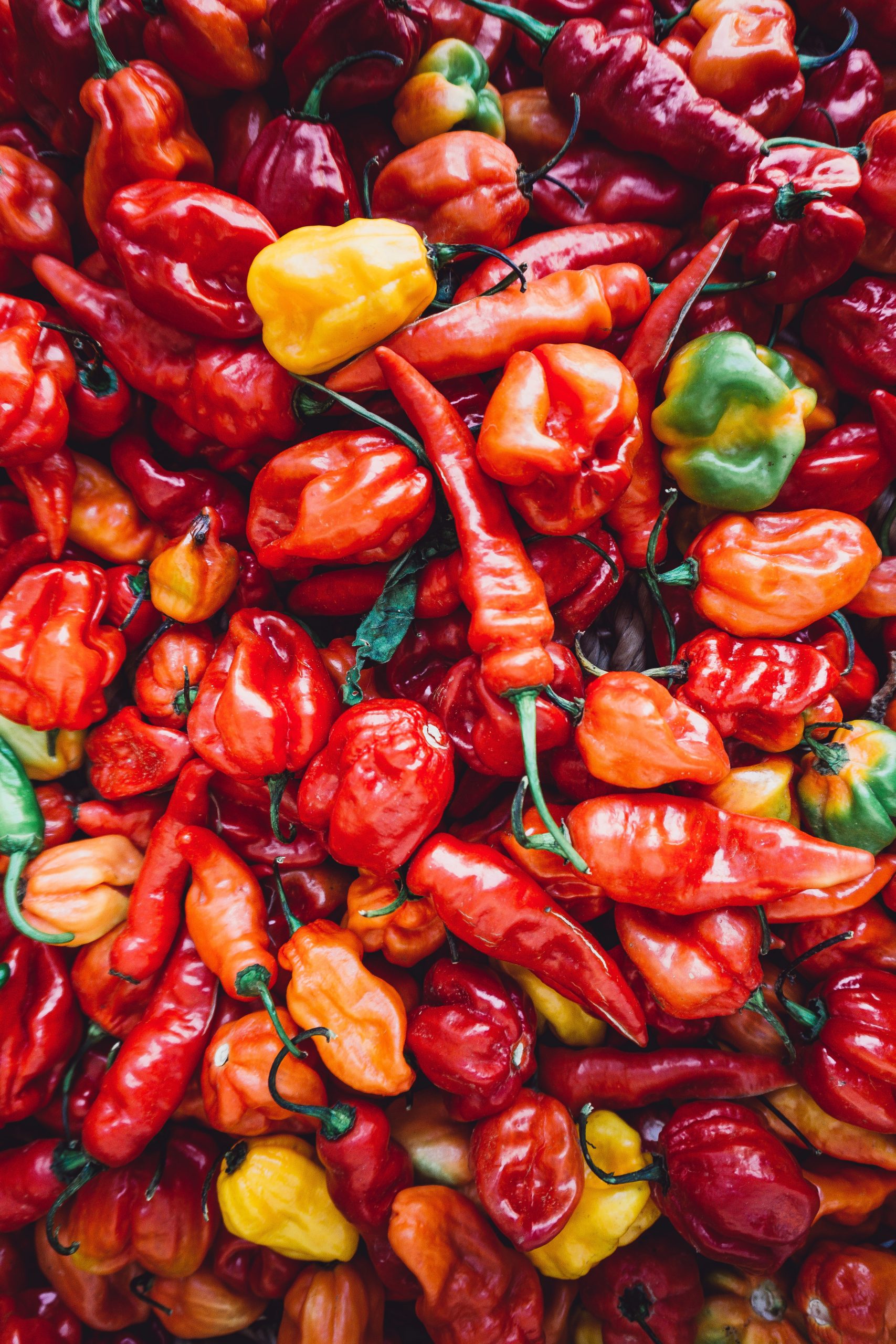Introduction
Welcome, reader! We’ve all experienced that exhilarating burn of chili peppers on the tongue. That fiery sensation can turn a simple dish into a memorable culinary experience. But did you know that chili peppers could potentially offer much more than just an adventure for your taste buds? As strange as it may sound, these tiny spice bombs could play a role in protecting your heart. Let’s explore the fascinating world of chili peppers and uncover how they might lower the risk of a fatal heart attack.
The Magic Ingredient: Capsaicin
What is Capsaicin?
At the heart of every chili pepper, there’s a chemical compound called capsaicin. It’s this component that gives chilies their spicy, fiery kick. Capsaicin is concentrated in the white pith that holds the seeds inside the chili pepper.
Capsaicin and Health
While capsaicin is well-known for making chili peppers hot, its potential health benefits are not as well recognized. In fact, capsaicin has been studied for a variety of potential therapeutic effects. Early research indicates it might have anti-inflammatory, antioxidant, and anti-cancer properties. Fascinating, isn’t it? Yet, the story doesn’t end there. The potential of capsaicin extends further to possibly influencing heart health.
Heart Health and Chili Peppers
The Role of Chili Peppers in Heart Health
So, how might these fiery fruits help your heart? Studies have shown that capsaicin may be beneficial for cardiovascular health. For example, it appears to lower blood pressure, reduce cholesterol levels, decrease inflammation, and even improve the function of blood vessels. These factors are all vital for maintaining a healthy heart.

Scientific Studies on Chili Peppers and Heart Health
Several research studies have pointed towards a positive association between regular consumption of chili peppers and a lower risk of cardiovascular diseases, including heart attacks.
A particular study found that those who consumed chili peppers more than four times a week had a significantly reduced risk of dying from a heart attack.
However, it’s important to remember that while these studies suggest a correlation, they do not establish a cause-effect relationship. Further research is needed to definitively prove these findings.
The Role of Diet in Heart Health
The Importance of a Balanced Diet
It’s worth mentioning here that while chili peppers may have potential heart benefits, they are not a silver bullet for heart health. Eating a balanced diet is crucial in maintaining heart health and preventing heart disease. It’s recommended to consume a variety of nutrient-rich foods from all the food groups including fruits, vegetables, whole grains, lean proteins, and healthy fats.
Incorporating Chili Peppers into Your Diet
Adding chili peppers to your diet can be as simple as sprinkling chili flakes over your pizza, adding them to your morning scrambled eggs, or using them in your evening stir-fry. Don’t forget, though, that moderation is key. Start with small amounts to assess your tolerance, and remember that a little can go a long way!
Potential Risks and Considerations
Chili Peppers and Digestive Health
Despite their potential benefits, chili peppers aren’t for everyone. They can cause digestive discomfort, especially for those with a sensitive stomach or conditions like gastroesophageal reflux disease (GERD). If chili peppers give you heartburn or indigestion, it’s best to avoid them.
Allergies and Sensitivities
While it’s rare, some people may be allergic to chili peppers. If you experience symptoms like itching, swelling, difficulty breathing, or other signs of a severe allergic reaction after consuming chili peppers, seek medical help immediately.
Conclusion
Chili Peppers and Heart Health: The Takeaway
In conclusion, chili peppers, thanks to the potential health benefits of capsaicin, may play a role in reducing the risk of a fatal heart attack.
While more research is needed to confirm these findings, there’s no harm in incorporating these fiery fruits into your diet, provided you don’t have any adverse reactions.
However, it’s crucial to remember that overall diet and lifestyle, including regular exercise and refraining from smoking, also significantly affect heart health.
Finally, remember that everyone is different. What works for one person may not work for another, and it’s always best to discuss any major dietary changes with your healthcare provider.
Frequently Asked Questions
- Do all chili peppers contain capsaicin? Yes, all chili peppers contain capsaicin, but the amount varies depending on the type and heat of the pepper.
- Can I get the same benefits from capsaicin supplements? Capsaicin supplements are available and may offer similar benefits. However, it’s generally best to get nutrients from whole foods whenever possible.
- Are there other foods that are good for heart health? Yes, many foods are good for heart health. These include fatty fish like salmon, fruits like berries and apples, vegetables like leafy greens and bell peppers, whole grains, lean proteins, and healthy fats like avocados and olive oil.
- Can eating chili peppers cause heartburn? Yes, for some people, eating spicy foods like chili peppers can trigger or worsen heartburn.
- Is there such a thing as eating too many chili peppers? Yes, overconsumption of chili peppers can lead to stomach discomfort, burning sensations, and other side effects. It’s always best to use moderation.


